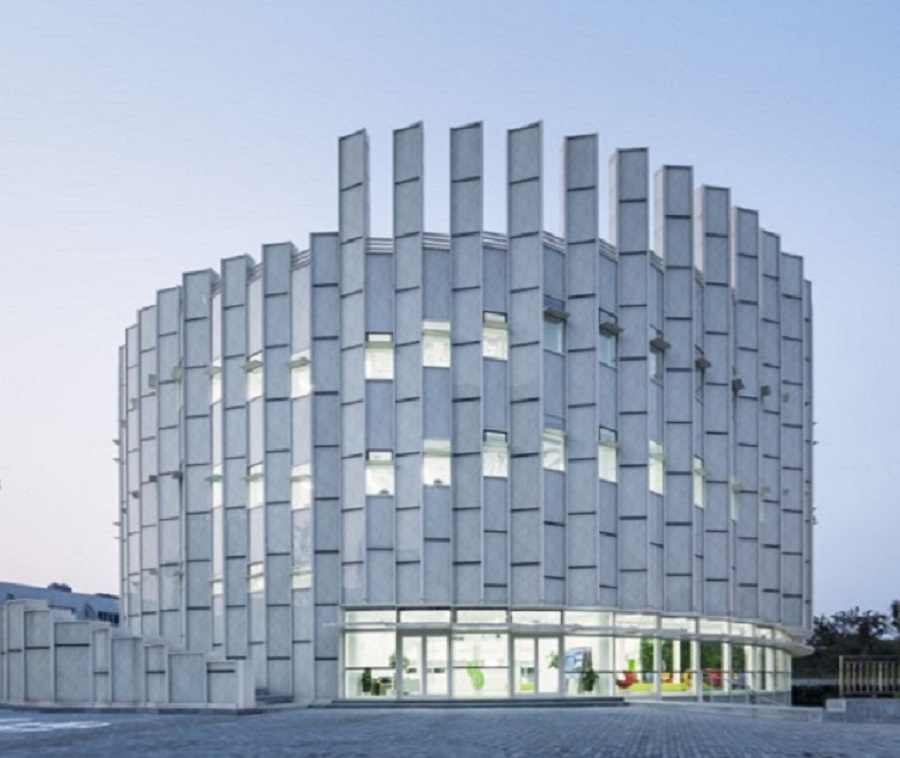
We know that the vacuum layer of vacuum insulating glass has extremely low thermal conductivity and high sound insulation performance, so vacuum glass is excellent heat insulation glass and sound insulation glass. So Can vacuum glass insulate the solar??
Let’s first take a look at the difference between door and window heat insulation glass and solar insulation glass heat insulating glass usually refers to preventing the transfer of indoor heat to the outside during winter, thereby maintaining an appropriate temperature indoors; Solar Insulation glass usually refers to the isolation of solar radiation heat and the transfer of outdoor high temperatures to the indoor environment in summer, ensuring that the indoor temperature is maintained appropriately.
From the above, it can be seen that heat insulating glass is about reducing temperature transfer. The lower the heat transfer coefficient, the better. In addition to reducing temperature transfer, insulation glass also needs to reduce solar radiation, which is not only related to the heat transfer coefficient of the glass but also to the shading coefficient of the glass.
So, there is no doubt that vacuum glass is not only an excellent heat preservation glass and soundproof glass, but also an excellent solar insulation glass. Although as a vacuum layer of vacuum insulating glass, it cannot fully exert its capabilities, the characteristics of thickness and thinness allow for flexible selection of sunshade. LOWE has better sunshade effect, and in addition, the characteristic that heat transfer coefficient not change to bad like insulating glass when flat installed, will make vacuum glass to be the best choice for sunlight rooms, daylighting roofs, and other areas that require excellent solar insulation glass.

